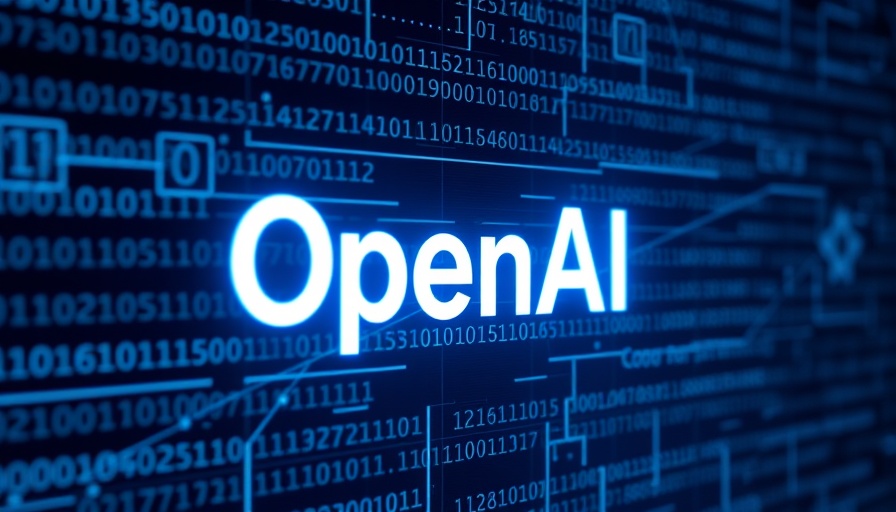
Emerging Concerns Over AI Training Practices
Recent investigations have raised significant concerns about the methods employed by leading artificial intelligence companies like OpenAI for training their models. An alarming new study suggests that OpenAI may have used paywalled content from O'Reilly Media's extensive library without authorization. If true, this would highlight a troubling trend in the AI industry where the lines of legality and ethics are becoming increasingly blurred.
How AI Learns: The Process Explained
AI models rely heavily on vast datasets to learn patterns, making them powerful tools for generating text, images, and more. These models, like GPT-4o—the latest from OpenAI—have been designed to produce human-like responses based on the inputs they receive. However, as these systems consume data, whether ethically sourced or not, the implications of their training data come into sharp focus.
Significant Findings: Analyzing the Data
The researchers utilized a method known as DE-COP—a technique aimed at uncovering whether language models can accurately distinguish human-authored texts from machine-generated outputs. This approach is crucial because it reveals whether the AI may have been trained on proprietary content, which raises ethical questions about data usage.
Broader Implications for AI and Copyright
The implications of this study extend beyond OpenAI. If companies are indeed leveraging copyrighted materials without authorization, it begs further examination of copyright laws in the digital age. As AI continuously evolves, lawmakers and industry leaders must find a balance that fosters innovation while protecting the rights of content creators.
What Lies Ahead for AI Ethics?
The ongoing discussion around AI ethics is pertinent as more revelations emerge regarding the training processes of these advanced models. Stakeholders in the industry, from developers to policymakers, must engage in transparent dialogues about ethical data practices. Ensuring that AI continues to enhance society without infringing on intellectual property rights is an urgent necessity.
 Add Row
Add Row  Add
Add 




 Add Row
Add Row  Add
Add 


Write A Comment